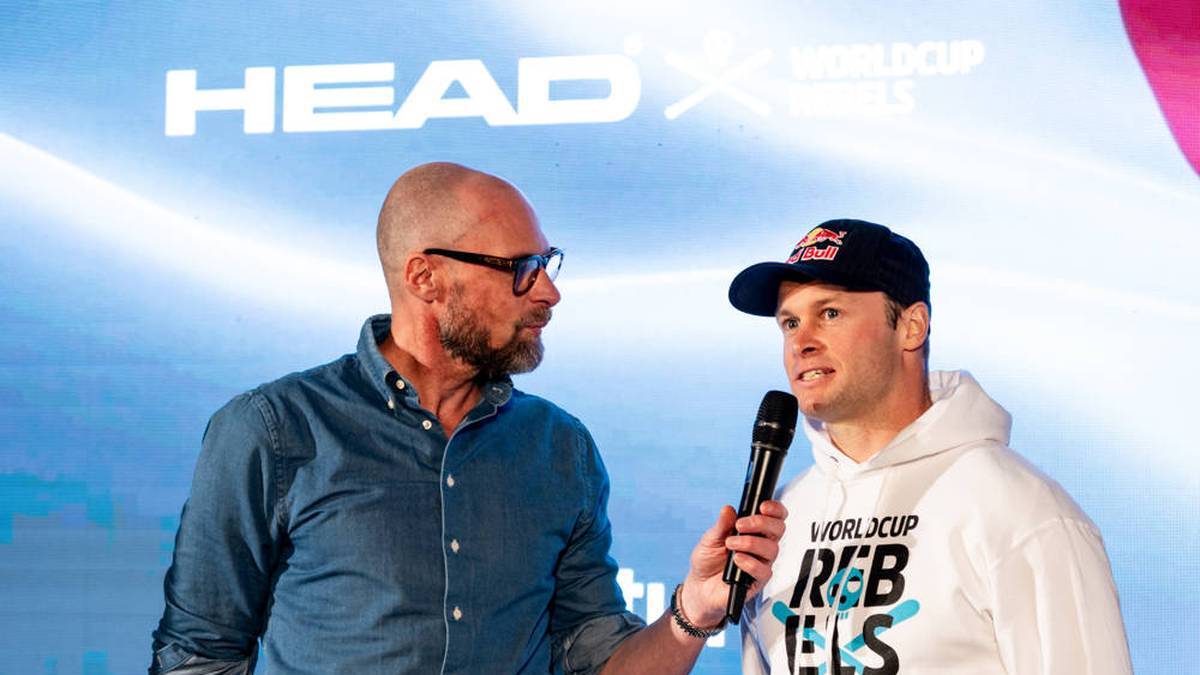
Ski star Alexis Pinturault expressed doubts that the International Ski Federation (FIS) will succeed in improving safety in alpine skiing. The Frenchman was clear.
The three-time world champion Alexis Pinturault expressed doubts that the International Ski Federation (FIS) will succeed in improving safety in alpine skiing.
“There have been no real improvements for 20 years,” the Frenchman stated at a media event by his equipment supplier HEAD in Austrian Sölden. “A tsunami in the FIS board” would have to happen to bring about significant changes, he replied when asked by the Austria Press Agency (APA).
Pinturault, overall World Cup winner of 2021, suffered a fracture of the inner tibial plateau in his right knee and an injury to the medial meniscus in the Super-G in Kitzbühel in January. In the upcoming winter season, the 34-year-old plans his comeback on the ski slopes, but only in giant slalom.
Whether Pinturault will end his career after the season remains open. The only certainty is that it will be over by the end of the 2026/27 season at the latest. “That is 100 percent certain,” said Pinturault. “I won’t be around for many more years. Therefore, it doesn’t really make sense for me to invest so much time in many different disciplines if I’m probably going to stop before I can reap the benefits.”
The International Ski and Snowboard Federation (FIS) passed measures to strengthen safety in skiing on Thursday at its Council meeting. Following serious accidents in recent times, the FIS Council particularly focused on the alpine speed disciplines. In addition to stricter safety standards – such as mandatory airbags even in training – the FIS is relying on “educational initiatives” and a “cultural change.”
“Alpine skiing is by definition a high-risk sport – that will never change. What must constantly evolve is the safety culture surrounding the sport, at all levels, both in competition and in training,” said FIS President Johan Eliasch after the Council meeting in Switzerland.
Improving safety for the athletes is “a shared responsibility of the FIS, the national ski associations, the athletes, coaches, and organizers,” Eliasch added: “The FIS is determined to lead by example, set the highest standards, and drive positive change in our sport.”